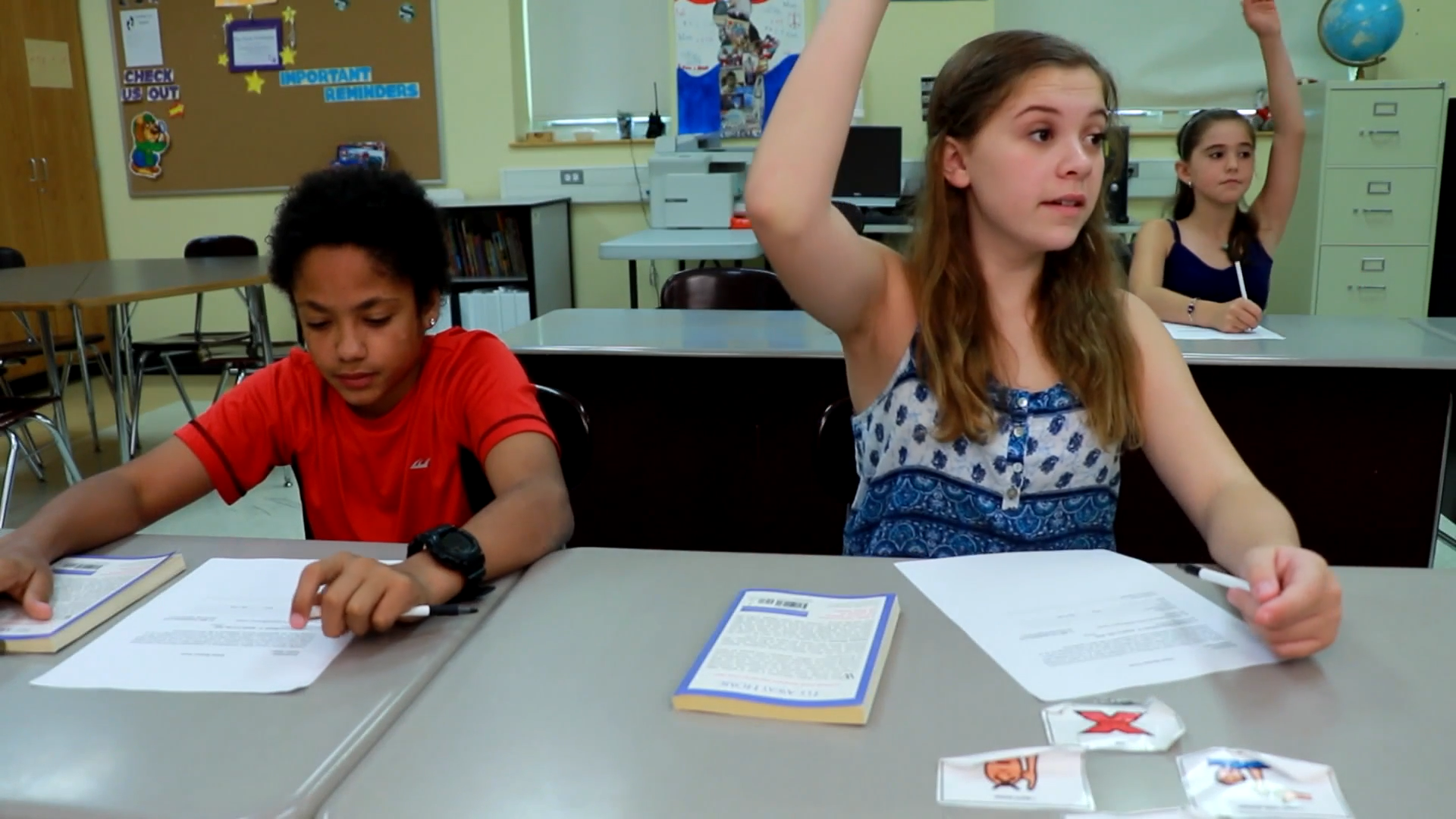
Introduction
For students in special education, understanding and following social rules when answering questions in class can be challenging. This blog post focuses on three key skills: waiting to be called on, using appropriate voice volume, and providing concise answers. Incorporating principles of Social-Emotional Learning, we will discuss an activity that requires no preparation or materials, followed by discussion questions, related skills, and next steps.
No-Prep Activity
One effective way to practice these social rules is through a no-prep activity called “Question and Answer Role Play.” Here’s how it works:
- Divide the class into pairs.
- Assign one student as the “teacher” and the other as the “student.”
- Provide a list of age-appropriate questions on various topics.
- Instruct the “teacher” to ask the “student” a question from the list.
- The “student” must practice waiting to be called on, using appropriate voice volume, and giving concise answers.
- After a few questions, have the students switch roles.
- Encourage students to provide constructive feedback to their partner on their performance.
This activity helps students practice social rules in a safe and supportive environment, allowing them to become more comfortable and confident when answering questions in class.
Discussion Questions
- Why is it important to wait to be called on before answering a question in class?
- How can we ensure our voice volume is appropriate when answering questions?
- Why is it important to provide concise answers when responding to questions in class?
- What strategies can we use to remember and follow these social rules when answering questions?
- How can practicing these skills help improve our overall communication and social interactions?
Related Skills
There are other relevant skills for students in special education that complement the social rules for answering questions in class. These include:
- Active listening: Paying full attention to the speaker, understanding their message, and responding thoughtfully.
- Turn-taking: Practicing patience and allowing others to speak without interrupting.
- Body language: Using appropriate facial expressions, eye contact, and gestures to communicate effectively.
- Asking for clarification: Seeking more information when unsure about a question or topic.
Next Steps
Helping students in special education develop strong social skills when answering questions in class can greatly improve their overall communication and social interactions. To access free samples of activities and materials focused on these skills and others, sign up at Everyday Speech Sample Materials.

